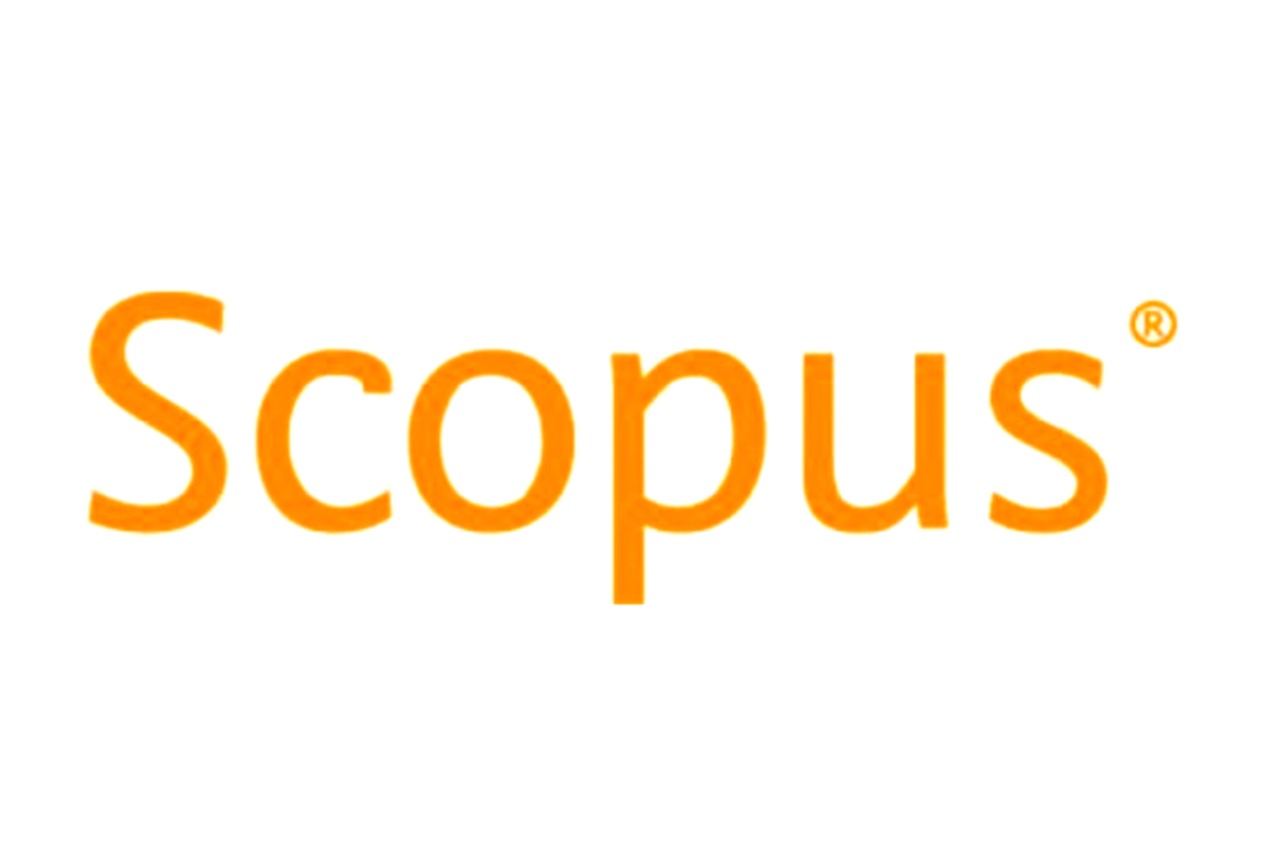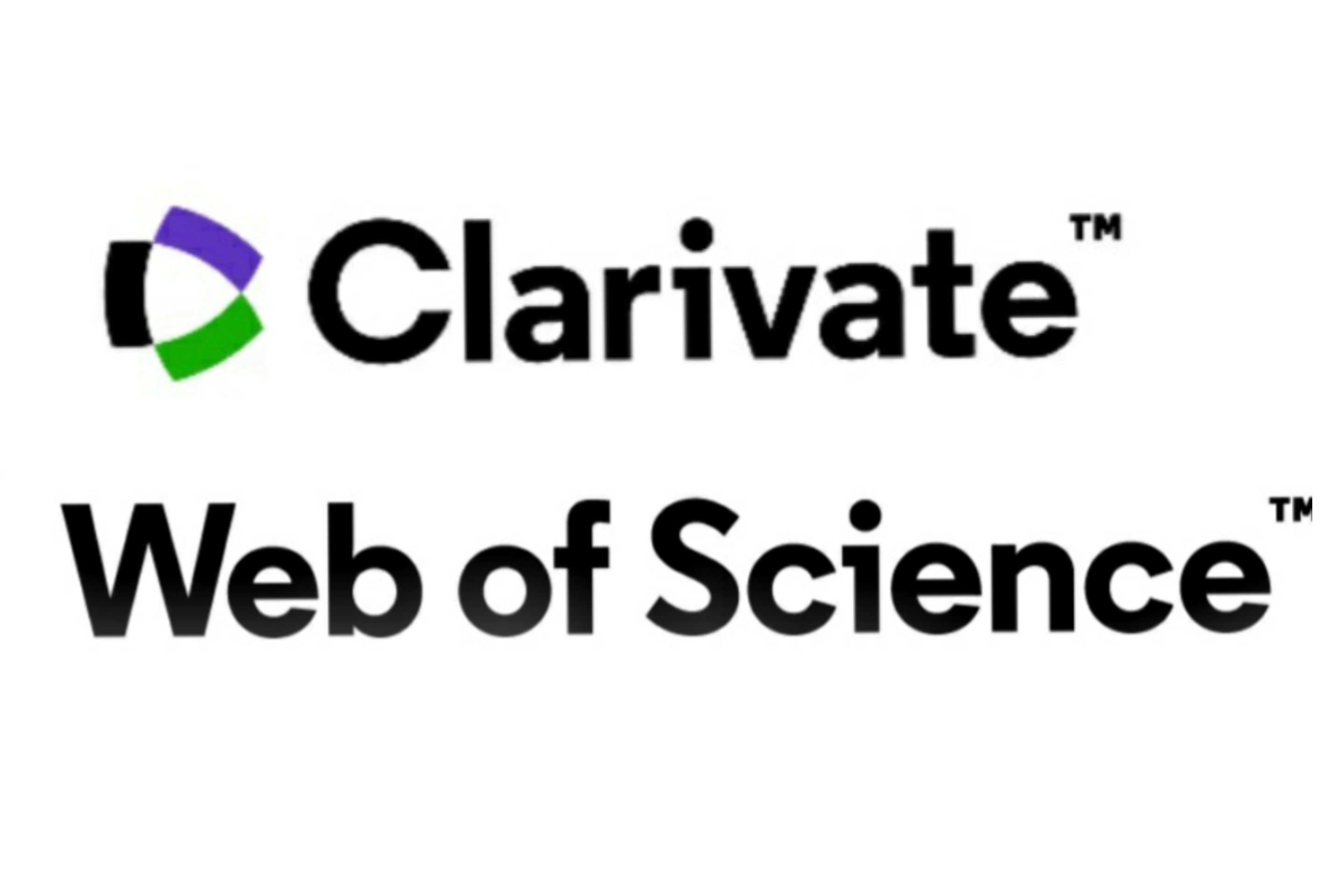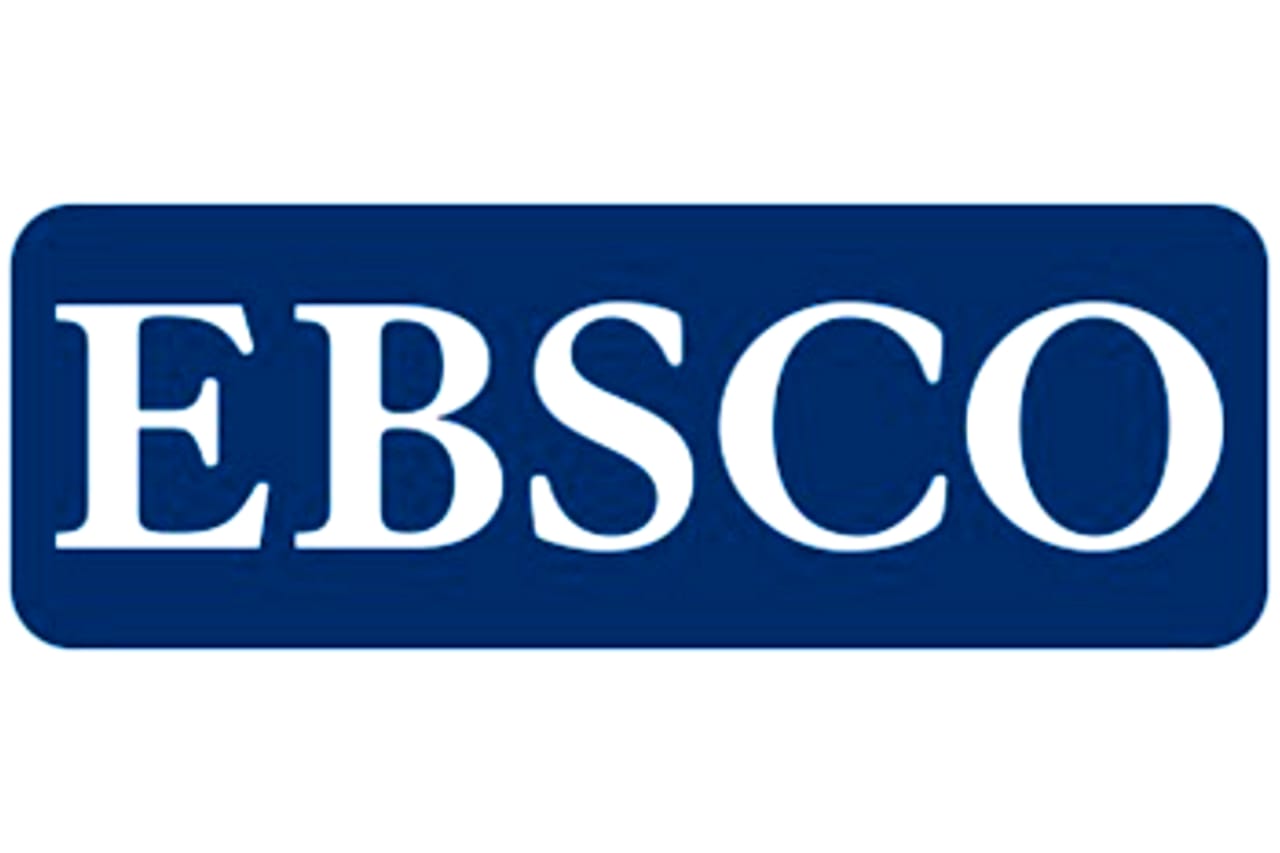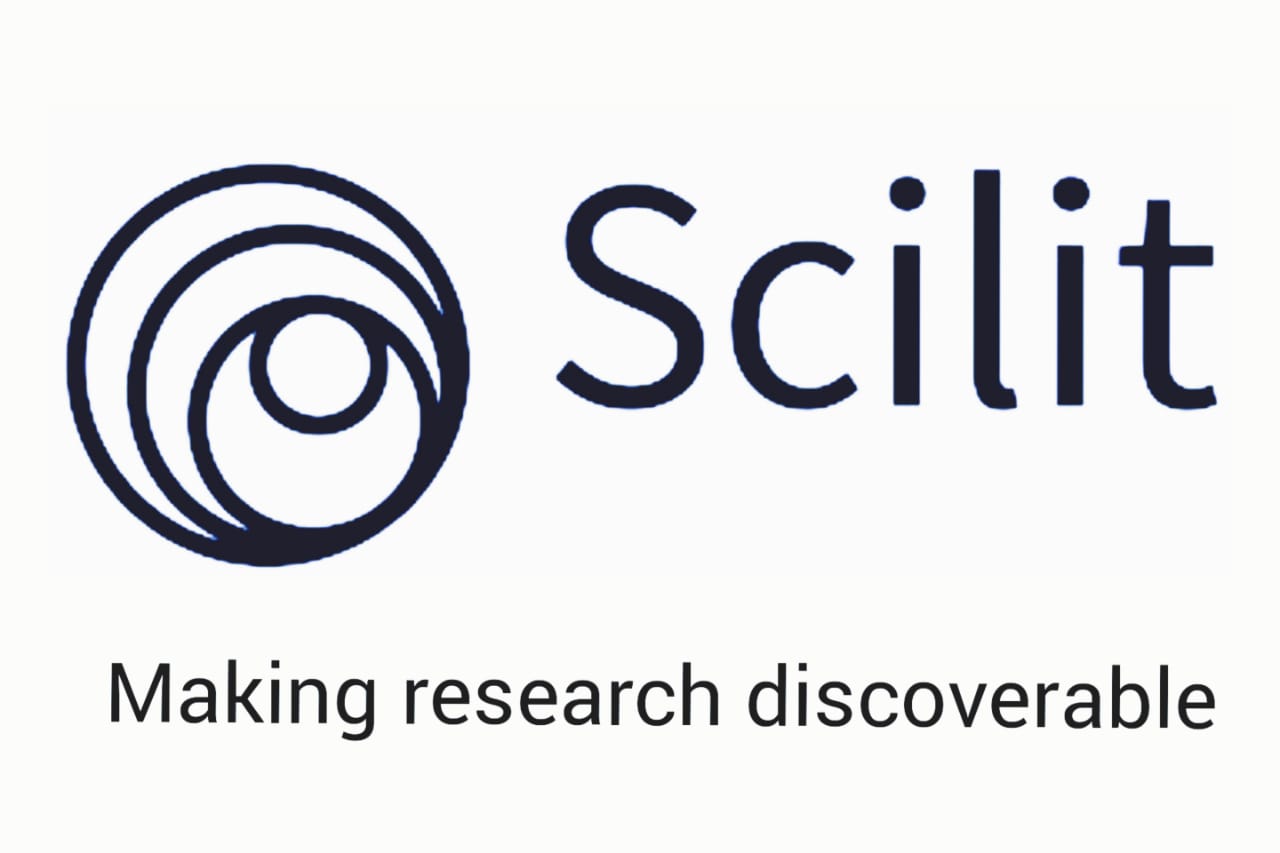EXPERIMENTAL DATA AND THE NONLINEAR INVERSE PROBLEM OF HEAT TRANSFER
DOI:
https://doi.org/10.26577/ijmph.2022.v13.i1.01Abstract
In the paper the development a method for finding the nonlinear heat-conducting characteristics of the soil is being presented. Two-layer container complexes have been created, the side faces of which are thermally insulated so that the 1D heat equation can be used. In order not to solve the boundary value problem with a contact discontinuity and lose the accuracy of the method’s solution, a temperature sensor was placed at the junction of two media, and a mixed boundary value problem is solved in each area (container). To provide the initial data with an inverse coefficient problem, two temperature sensors are used: one sensor was placed at the open boundary of the container and recorded the soil temperature at this boundary, and the second sensor was placed at a short distance from the boundary, which recorded the air temperature. The measurements were carried out on the time interval First, the initial-boundary value problem of thermal conductivity with nonlinear coefficients of thermal conductivity, heat capacity, heat transfer, and material density are studied numerically. The nonlinear initial-boundary value problem is solved by the finite difference method. Based on the measured data of the complex, special functionals are constructed and the thermal conductivity coefficient , density , specific heat capacity , heat transfer coefficient are found, which depend on the temperature of the material.
Based on the experimentally measured data, the corresponding functional is minimized on each time interval using the gradient descent method. All thermophysical characteristics for a container with clay were found with a relative error of 5%.
















